9 questions to ask yourself when you do not reach your goal
Have you ever set a goal and not accomplished it? It isn’t the best feeling. Most people post only their successes on social media, which means that our social media feed is skewed full of other people’s awesome lives and successes while we wallow in our own shame storm of all the ways we are failing, not accomplishing our goals.
People rarely share their mistakes, their mess ups, their misses or failed attempts. They don’t share their disappointments about themselves, maybe out of fear of judgement. I think if we all talked more authentically about our true struggles, we would all feel less alone and maybe have more courage to try and fail. Even when people appear on the outside to have things all put together, we all have failures in our lives.
I recently set a lifestyle goal and did not hit my target. I am asking myself a number of tough questions that are helping me to process this miss. I wanted to share these questions and this analysis with you in case it is of any benefit to you as you process why you may not be moving toward the goal(s) you have set for yourself.
I am not sharing to brag about my fitness or to be one of those annoying people who are complaining about things that some people would only dream of doing. I would love for you not to get caught up in the details of my specific goal.
What I would like you to do is consider the questions asked and my responses to them, and see how you might be able to apply a similar analysis to your goals, whatever they may be.
My goal
This past Sunday, over 7304 racers participated in the Calgary Marathon event. I ran the Jugo Juice 10 km race as part of this event. It was my first 10 km run since 2016! It was very cool to be a part of the amazing energy of the race. The music, the spirit of athleticism, the feeling of connection to the other racers who suffered along with me. I had complete strangers cheer me on throughout my entire route. It was a really incredible energy and feeling to experience!
What was not awesome was that I significantly missed my running goal time by three minutes, which in a 10 km race, is a big miss. I am very aware that I am blessed and able. It is great that I could participate in the first place. I am truly grateful for my health and fitness to be able to accomplish this run. It is, indeed, a privilege to move my body. I know it was still a good time, but it wasn’t what I was hoping for. I was surprised and disappointed with my results. And it is still on my mind.
Here are some of the tough questions I am asking myself to help me process my results and to help me decide what I should do next.
9 Questions to ask yourself when you do not reach your goal:
1) Was my goal SMART?
It mostly was! I wanted to run 10 km in a certain number of minutes at the Jugo Juice 10 km run on Sunday May 26, 2019. It was specific, measurable, action-oriented, and time-bound. Was it realistic? Read on.
2) What about my goal was realistic? What made me think that this was a realistic goal for me?
I thought that with my past history of running, I had the physical capacity to run the race in a certain number of minutes. Since previous races, I have kept running, though not as much. I have done weekly workouts over the last two years. I have done some work and I know I am stronger. I had some signs that
I had the strength and power to be able to run faster and reach my goal.
3) What about my goal was unrealistic?
Sigh. This is where I have to look inward and truly accept my short-comings. I stuck my head in the sand and did not do a realistic baseline assessment of my fitness when I signed up for the race. I assumed that because I could do this in the past, and that because I have remained committed to my fitness routine, I would have maintained my fitness to be able to accomplish a personal best run.
Why didn’t I do a good baseline assessment of my running fitness? Pure avoidance! I didn’t want to know. I was too scared to find out the result. I strung together a story that justified this avoidance.
I selectively highlighted and focused on what I was doing (doing strength and some cardio-based workouts), while also selectively ignoring what I wasn’t doing (running at least three times a week, running at various paces to build different kinds of muscle). While I have maintained some fitness, I was not doing the right combination of workouts to support this goal. I did not have an accurate picture of what my baseline running fitness was, which only served to keep me in the dark and maintained the lie I was telling myself.
All it would have taken was for me to log and examine a few of my runs for me to see what my true running pace was when I signed up for this race, so that I could have designed a more strategic plan to tackle the training areas required to meet this goal. Or, I could have set a more realistic goal in the first place.
I set a goal that was unrealistic, and I kept myself in the dark by avoiding information that would have highlighted this.
4) Did I practice self-monitoring? Did I log my training efforts?
Self-monitoring is a strategy of writing down behaviours (ex: tracking your workouts) related to your goal and is known to help support goal achievement. Did I practice this? No.
I wear a watch that records how far and how fast I run. I know that if I actually went in and checked my running history, I would have had a good picture of what my training actually looked like. I didn’t check this. I did not examine trends. Again – pure avoidance.
I think some kind of paper and pen tracking sheet would have allowed me to see well in advance what the true state of my fitness was. It would also have given me information about the areas of my training that need more attention, and areas that need less attention. What gets measured gets managed.
5) What is the one thing, that if I had changed it, would have made a big difference to my goal?
I knew that I could run the 10 km distance, and I could run at a good pace. But to set a personal best time, I *needed* to have added in sprint training to run faster. Sprint training is running as fast as I can go for a short period of time. Sound unpleasant? It is. I really don’t like sprint training. I actually hate it.
I have avoided sprint training my last 3 races. And my results show, in that I have missed my target each time. If I really wanted to run a personal best, something bigger had to change. And for me that is sprint training.
Three times, I got up and did my sprint workout. I ran as fast as I could go. It wasn’t pretty. I wanted to stop. It felt uncomfortable – not just physically, but mentally.
I used a few different strategies to push through the discomfort. I played a new playlist that I had on full-blast, I used self-talk that consisted of “if you want to get faster you have to do the work”, I visualized what it would be like to look down at my watch to see my goal pace as I race and looking forward to my extra coffee that I promised myself for doing the work.
Changing habits involves discomfort. It is like writing with your non-dominant hand. If there is something that you aren’t doing, but that you know would make a big difference to your goal achievement, you need to lean in to your discomfort and see what is there for you. In my discomfort lives a lot of fear. Fear of failing. It is a set of self-limiting beliefs that are unlikely to be true. They hold me back.
I dipped my toe in the pond of discomfort. But I needed to do more like a cannonball in the pool of discomfort! Discomfort is temporary. It also would have provided exposure to the beliefs I hold about myself. And I might actually have learned that those limiting beliefs are not true.
6) Did I have enough support for my goal?
I had some support. I have a friend with whom I run every week. She is the reason I get out of bed in the early morning on the days we run together. If it wasn’t for her, I would have hit the snooze button and gone back to bed.
However, I didn’t have anyone with whom I shared my goal. I didn’t join a community of like-minded people who were also doing new and uncomfortable things. I didn’t build in accountability checks. Was I doing the work? Was I doing the right work? Was I being consistent? Was I consistently practicing behaviours that push me out of my comfort zone? How was I coping with discomfort?
The last time I ran my fastest 10 km, I had hired a personal trainer who not only gave me structured workouts, but who also had me email him every week to report on my results. I just reread that string of emails this week. That accountability sure seemed to make a difference for me.
7) Did I do the work required to achieve my goal?
No. I wanted to achieve the outcome without doing the work required. I was hoping for some magical, transformative result without putting in the transformational effort required. See above.
8) Was I committed to the process? What was I committed to?
No! I was committed to my general goal of fitness. I was comfortably committed to my fitness classes and running the same route at the same pace. I was also committed to my work. This meant that I didn’t carve out enough time and maintain firm enough boundaries to focus on my running goal.
It wasn’t that I wasn’t committed in general. It is not a character flaw. It is that I wasn’t committed to the goal of running faster!
9) What will happen now?
I haven’t decided just yet. In looking back at my last 10 km training notes, I needed several weeks to get myself in better physical shape. So, I need to look at some races in the late summer to decide whether I want to sign up again and go for redemption. I also need to have a serious look at my June/July schedule to see whether I will *commit* to doing the work required. And if not now, when?
I was happy with my effort in the actual race itself. I can see from the picture as I finished that my body was contracted. My stride was really short. My shoulders were hunched. I was definitely hurting. I did push myself. But my fitness was not where I needed it to be to set a personal best.
One set of questions, many areas of life
These questions apply to multiple different goals in life. Fitness, nutrition, sleep, stress management, work-life balance, cooking, relationships, etc. I help men and women over 40 become healthier versions of themselves. Many people set seemingly simple goals. And when we do an analysis on what inputs would need to go into achieving those goals, we quickly see the importance of setting the right goal.
When you don’t reach your goals
If you want to achieve something, there is a lot that goes into designing a plan to truly go for your goal. You can’t wish your goals to come true. Ask yourself some tough questions. You may find some tough answers that make you uncomfortable.
As my husband says to me “sometimes you need to get pissed off enough for things to change”. I need to see how truly mad I am.
Summary of questions:
- Was my goal SMART?
- What about my goal was realistic? What made me think that this was a realistic goal for me?
- What about my goal was unrealistic?
- Did I practice self-monitoring? Did I log my training efforts?
- What is the one thing, that if I had changed it, would have made a big difference to my goal?
- Did I have enough support for my goal?
- Did I do the work required to achieve my goal?
- Was I committed to the process? What was I committed to?
- What will happen now?
Tagged in: 10 km race, Behaviour change, Calgary marathon, fitness goals, goal setting, health coach, lifestyle goal, nutrition coach, weight loss, weight management
4 Comments
Leave a Comment
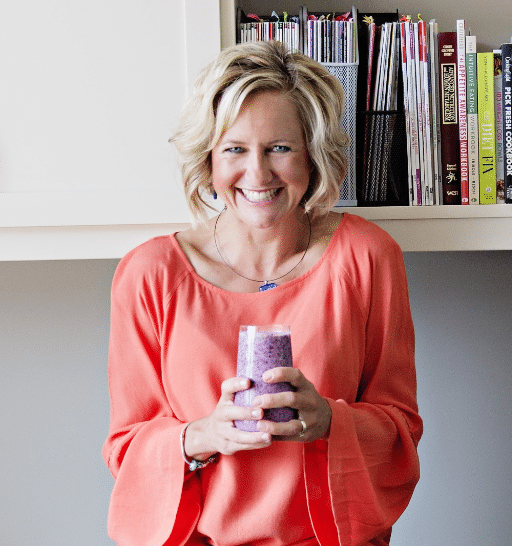

Welcome to the Energize Nutrition blog, where we share evidence-based nutrition content, designed to empower people’s midlife. Take a look around to find information on feeling your best.
If you need more individualized support, reach out to set up a free discovery call with Kristyn Hall.

Battling chronic hunger, poor energy, or inflammation? Discover what this powerful ingredient is and why it might be the solution!
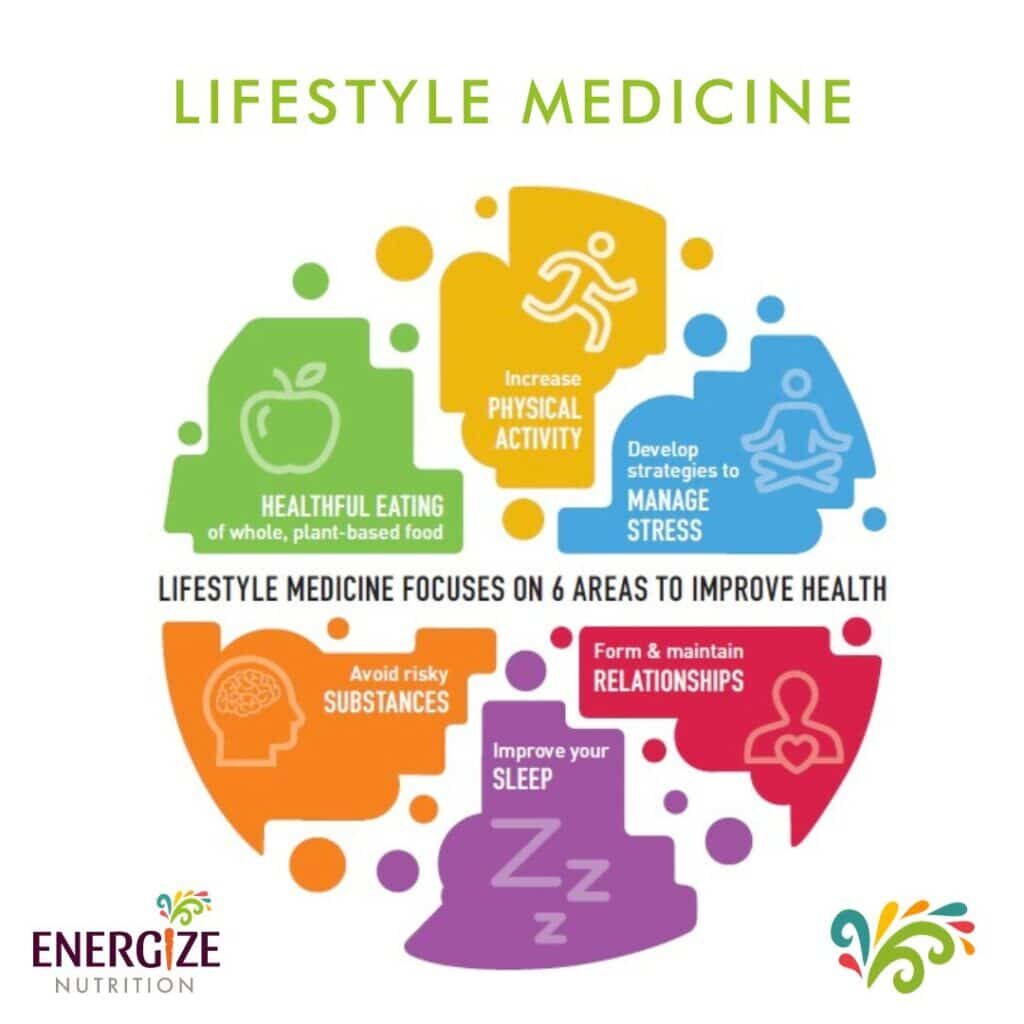





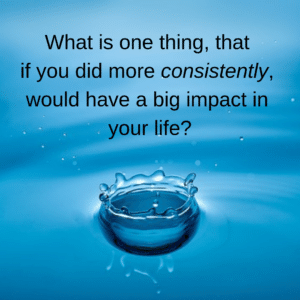


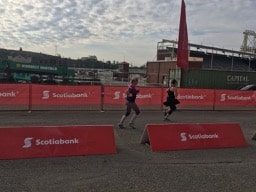
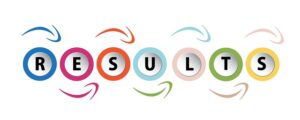



I LOVE that you put this out there….the honesty is amazing. This article is great for the questions in it….i have been thinking a lot about goals and I think these questions…when used in advance…will help me decide if a particular goal is something I really have the energy to work on.
Thank YOU so much for taking the time to post your reaction. It feels super vulnerable to share this kind of content – and yet, this is exactly what I wish more of us would do. Let’s set realistic goals so we can live richer, more fulfilling lives. I look forward to hearing what goals you do attack next. You have had some incredible success in your life. On to the next chapter!
What an excellent perspective on a universal ….okay maybe just my….problem. I truly believe that you are not alone in this dilemma.
Your questions are being saved and hopefully I will remember them when needed.
Thanks so much for not just posting the success.
Thank you Judy for taking the time to comment and respond. Focusing on the process rather than the result can help us see where did we do well and where do we need some special attention. Thank you for the encouragement to share the whole gamut – the failures as well as the wins! 🙂